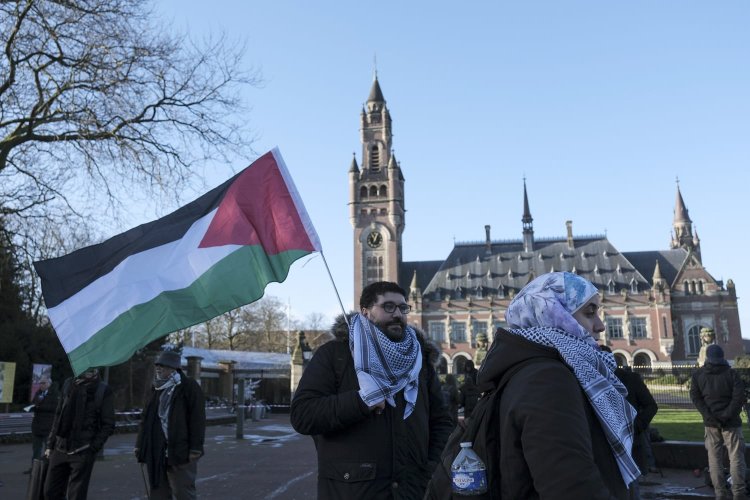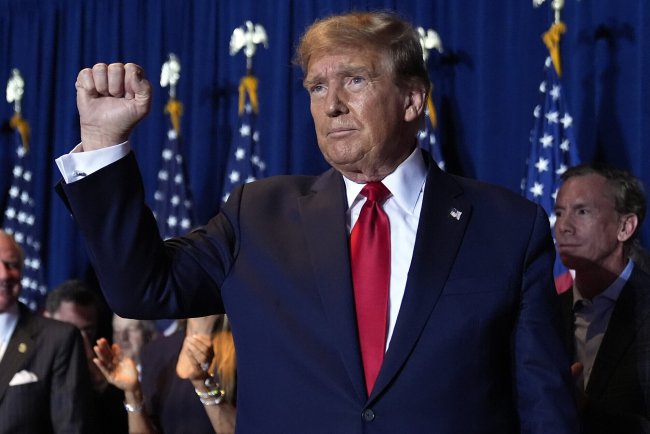Analysis of the International Court of Justice Ruling on the Israel-Gaza Conflict
It's a judgement that both sides – Israel and South Africa – can cherrypick. Neither side has won comprehensively and both sides are claiming victory. The judgement by the International Court of Justice (ICJ) was not a knockout victory for either side.

The International Court of Justice's (ICJ) ruling on the Israel-Gaza conflict presents a complex scenario where neither Israel nor South Africa can claim a clear victory. The judgement allows for interpretations that favor both sides, indicating a nuanced outcome rather than a decisive verdict.
The case, initiated by South Africa, accused Israel of genocide, aiming to achieve a legal confirmation of this charge and enforce an immediate ceasefire in Gaza. However, the ICJ's decision did not fulfill these objectives, leading to a mixed reaction from both parties.
The ICJ's ruling holds significant implications, particularly with the provisional measures imposed on Israel. These measures, grounded in the obligations under the Genocide Convention of 1948, of which both Israel and South Africa are signatories, include:
- Preventing acts that could be interpreted as genocidal against Palestinians in Gaza.
- Ensuring the Israeli military refrains from such acts.
- Stopping public incitement to commit genocide.
- Enabling urgent basic services and humanitarian assistance in Gaza.
- Preserving evidence related to allegations of genocide.
- Submitting a report on these measures to the ICJ within a month.
Despite these directives, the ICJ lacks enforcement power, relying on nations' adherence to international law and norms. The ruling's impact on public opinion and international diplomacy remains significant, especially in how it influences Israel's humanitarian aid provision to Gaza.
The Israeli response, as expressed by Prime Minister Benjamin Netanyahu and National Security Minister Itamar Ben-Gvir, reflects a dismissive attitude towards the ruling, whereas South African President Cyril Ramaphosa views it as a validation of Palestinian grievances.
This ICJ ruling, while not altering the fundamental perspectives of the Israeli-Palestinian conflict, may affect humanitarian efforts in Gaza and influence U.S. diplomatic strategies.
For detailed analysis and ongoing updates on this complex international legal matter, visit our global affairs section and explore our international law insights blog.
What's Your Reaction?






















